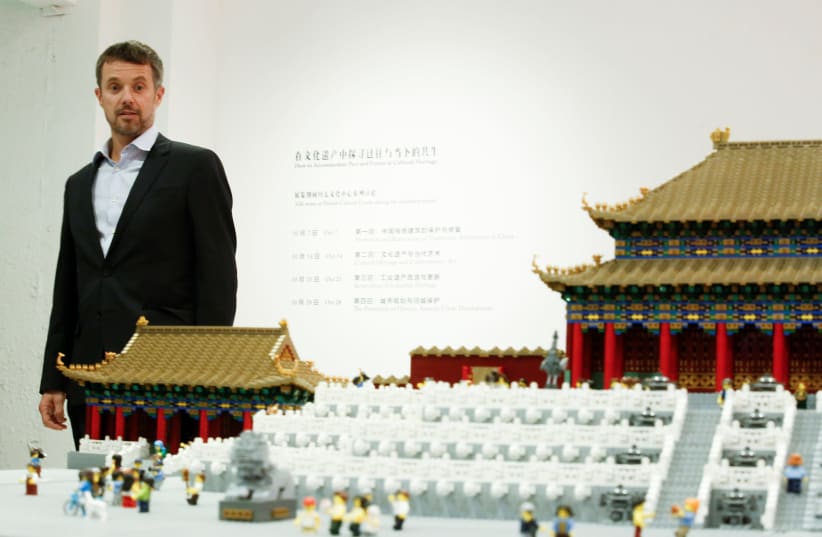“The decision is in line with our strategy to expand our global presence to reach as many children in as many countries as possible and reinforces our commitment to inspire and develop the builders of tomorrow,” Ryan Greenwood, Senior Director of Corporate Communications at Lego, told The Media Line. “The region holds [both] short- and long-term potential.
“By 2028, it’s estimated there will be 125 million children aged between 0 and 14 years in [MENA],” Greenwood said, adding that he was not at liberty to share targeted financial information.
According to Lego's figures, overall revenues declined 7 percent to some $5.3 billion in 2017 compared the previous year, with the corporation selling roughly 70 billion units across 130 countries.
A report by the Research and Markets website predicts the global toys and games market will grow at a CAGR (Compound Annual Growth Rate) of 3.41% between 2018 and 2023. The study indicates that the market for traditional toys has slowed in North America and Europe where smart phone applications and other video games are more prevalent.
“Looking to the future, the Middle East, Asia, and Africa represent the most significant growth opportunities for the entire toy sector,” Steve Pasierb, CEO and President of the Toy Association, told The Media Line. “Toy sales and interest in quality playthings continues to expand among families in these regions with no slowdown anticipated. Future growth in sales will track in concert with the birth rate and expanding middle class affluence.
“The positive demographic and economic expansion underscore the opportunity for toy companies in the decade ahead,” he noted, before qualifying that North America still remains the world’s largest toy market, generating some $28 billion in annual sales.
Founded in 1932 in Denmark by Ole Kirk Christiansen, Lego has in recent years expanded its business model to include amusement parks, films and video games. Lego CEO Niels Christiansen recently told reporters that the company is aiming to accelerate market growth in MENA by “putting people on the ground in Dubai who can develop the region further.” There are presently six Lego stores in Dubai, as well as several more in Abu Dhabi, Kuwait and Bahrain.
According to the Trade Arabia business website, the toy sector in the Middle East was valued at $4 billion in 2018.
Other major companies are following the market trend closely. Retailer Toys “R” Us launched a new e-commerce website last October aimed at boosting sales in MENA nations.
For more stories, .
